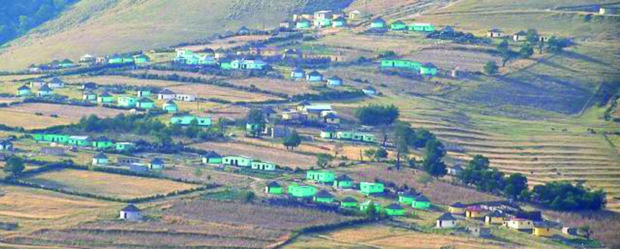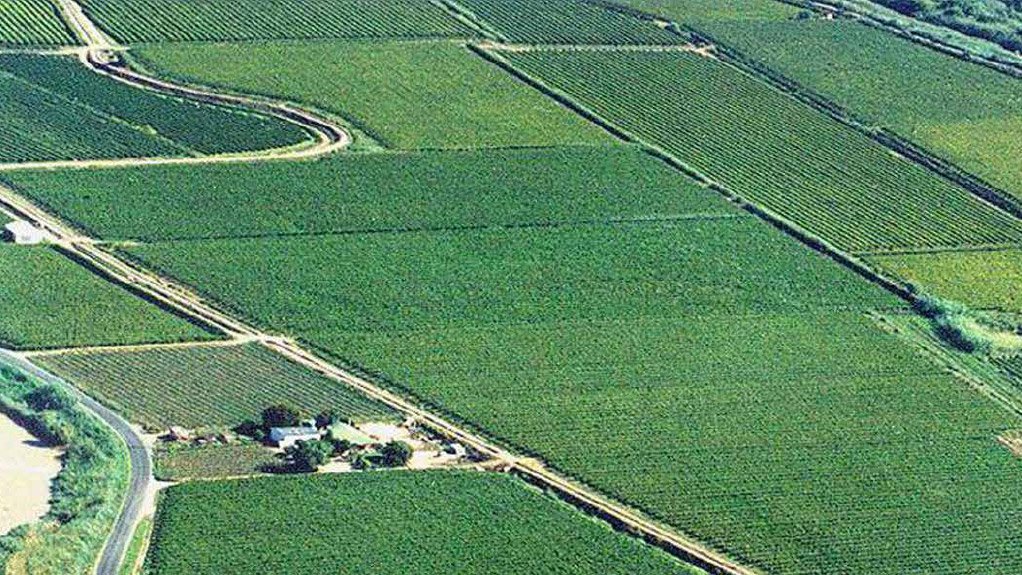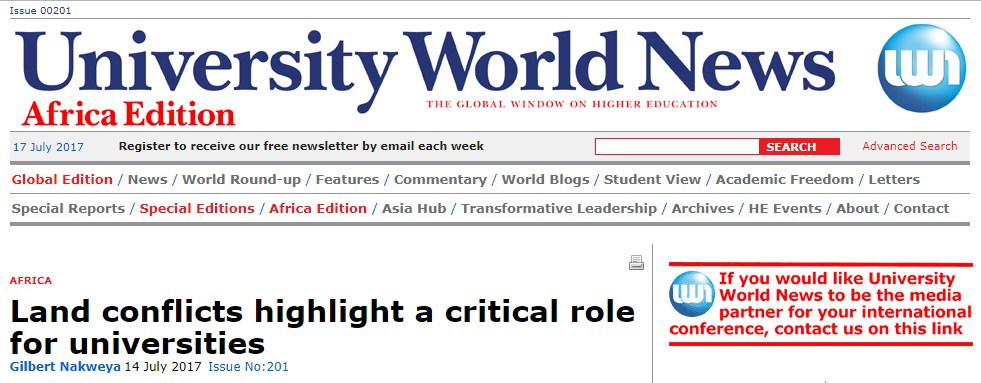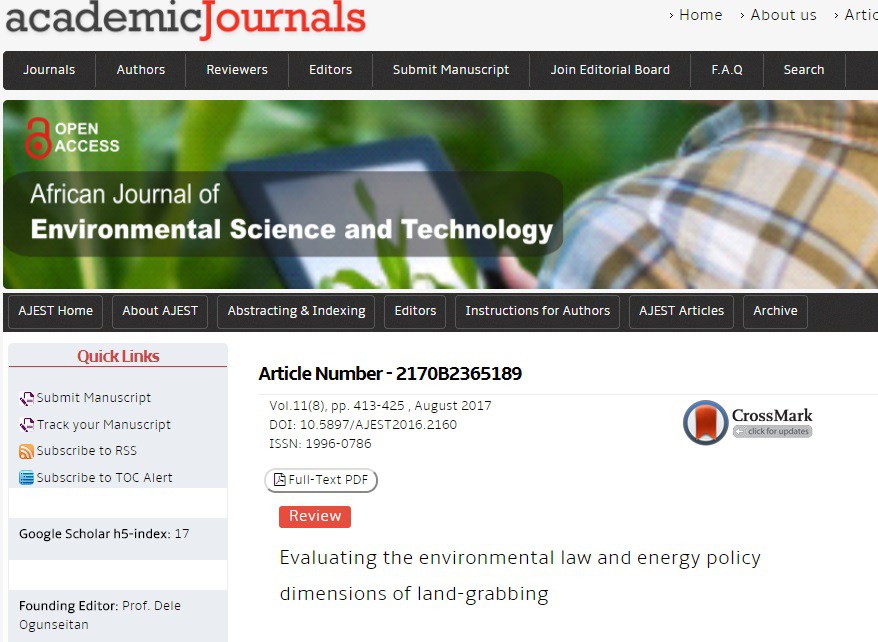Land Reform and Development: Evaluating South Africa’s Restitution and Redistribution Programmes
At the first conference on land redistribution in South Africa, held in Johannesburg in 1993, Cyril Ramaphosa, the then secretary general of the ANC, noted that South Africa is not unique in its unequal land distribution but rather in the policy measures that have led to this situation (ANC, 1993). In contrast to most other countries with unequal land distribution, South Africa has a history of specific racial policies with clear implications for land distribution and ownership.






